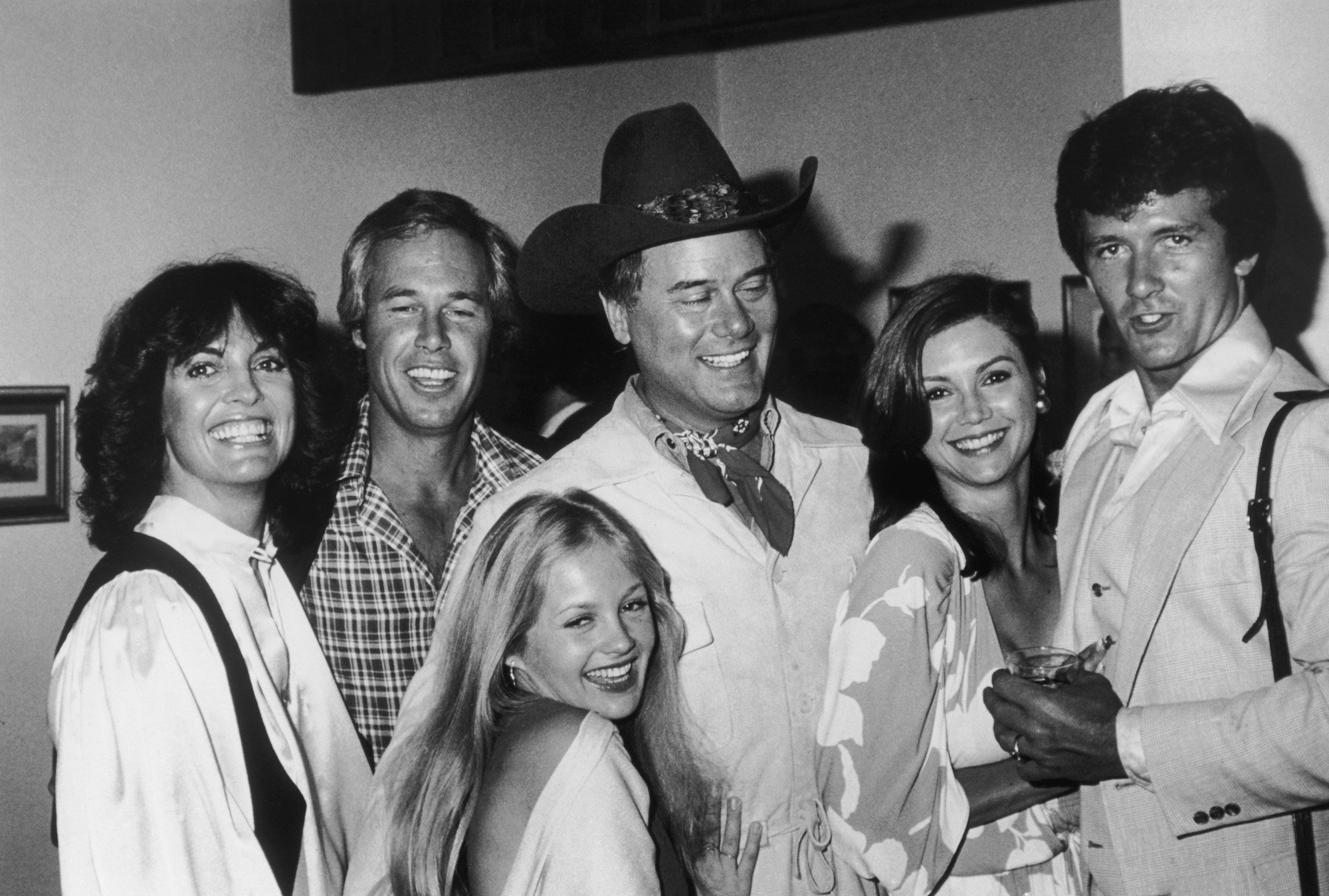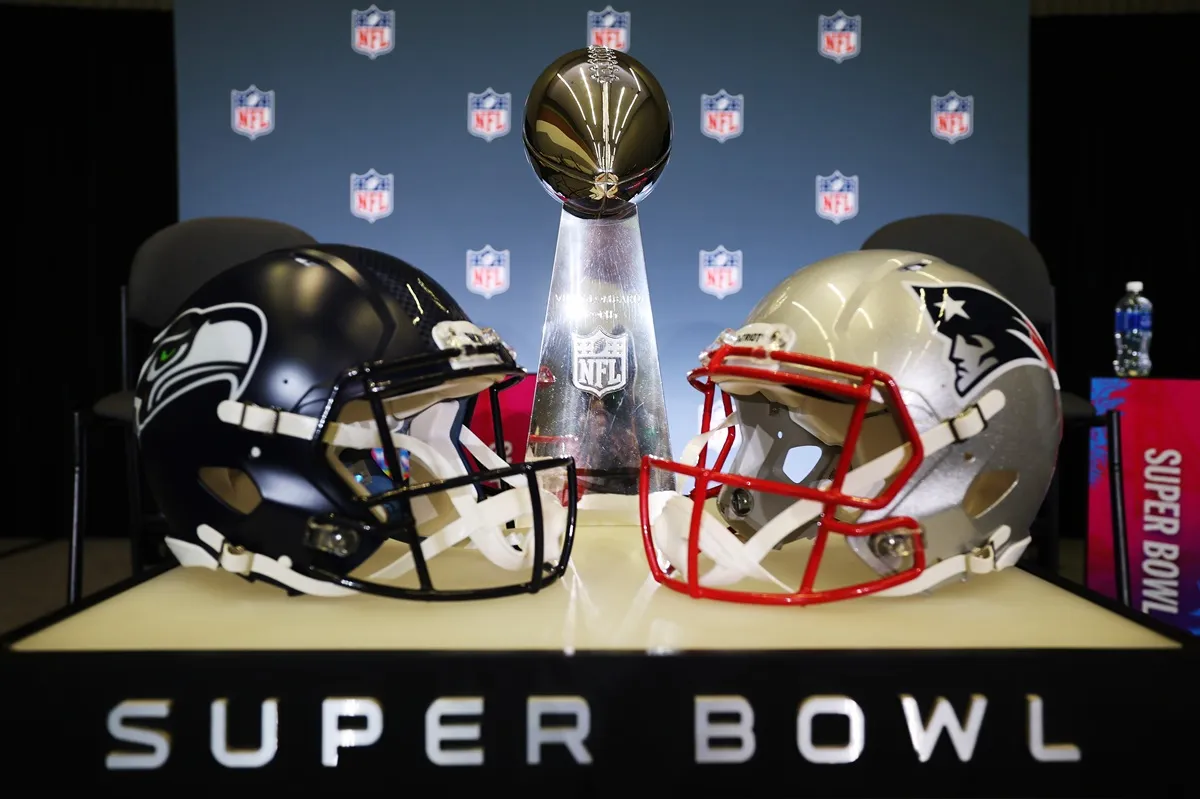‘Dallas’: Did the Show Kill Communism?
There are a variety of popular television shows that, for various reasons, shaped the way that the rest of the world viewed American culture. Some shows are responsible for creating stereotypes, while others have been credited with far more serious changes to art and culture. One of these powerful pieces of programming is the television series Dallas, which is widely considered to be one of the greatest TV shows of all time.
Dallas ran on television for well over a decade and has only grown more popular in the years since it went off the air, spawning a reboot and a wealth of urban legends. One of the show’s most lasting legacies is the influence that it seemingly had on communism in several countries — and in the years since it went off the air, several of the people involved with the series have spoken out about the way that it affected places like Romania and Bucharest.

When did ‘Dallas’ debut on television?
Dallas premiered on television in 1978, a primetime series that quickly captured the attention of audiences around the world. The show focused on the exploits of the prosperous Ewing family, a Texas-based dynasty who own and operate both an oil company and a large cattle ranch. The Ewings are prone to scandal and drama, especially J.R. Ewing, an oil tycoon who is often embroiled in dirty deeds and under-the-table business dealings.
Featuring an ensemble cast of talented stars, including Larry Hagman as the breakout fan-favorite character J.R. Ewing, and stage actor Barbara Bel Geddes as Miss Ellie, Dallas received critical acclaim for writing, acting, and plotlines. Many of the show’s most exciting moments became major pop-culture talking points, including the hotly contested debate over who shot J.R.
How was ‘Dallas’ received in Romania?
Not only did Americans love Dallas, but other countries did as well. The series was broadcast all over the world, even in countries such as Romania. According to Mental Floss, the show was forbidden in Romania until the Romanian president Nicolae Ceausescu, mistakenly believing that the show was anti-capitalist, allowed an edited version of the series to air. Ultimately, his plan backfired, and citizens of Romania protested, desiring the same luxurious lifestyle that they saw the Ewings living in Dallas. Following the assassination of Ceausescu in 1989, unedited episodes of Dallas began airing in Romania.
According to Fox News, Larry Hagman later stated, “I think we were directly or indirectly responsible for the fall of the (Soviet) empire. They would see the wealthy Ewings and say, ‘Hey, we don’t have all this stuff.’ I think it was good old-fashioned greed that got them to question their authority.”
Larry Hagman’s ties to Bucharest
Although Larry Hagman could be correct about the way that Dallas influenced communism in Romania, the respected actor actually had some business dealings with another communist country. As reported by Mental Floss, Hagman was friendly with bigwigs in Bucharest and had an ongoing business deal with the Russian oil company Lukoil. Hagman reportedly made a hefty bit of cash in exchange for the oil firm using his image in some ads but didn’t want the news to become public — in fact, it was only after his death in 2012 that the news became public, according to The Telegraph.
Still, for many fans, the news of Hagman’s involvement with the country didn’t tarnish his legacy or the legacy of the character that he embodied. These days, Hagman is considered to be an icon, both of television in general and of American cowboy culture.


